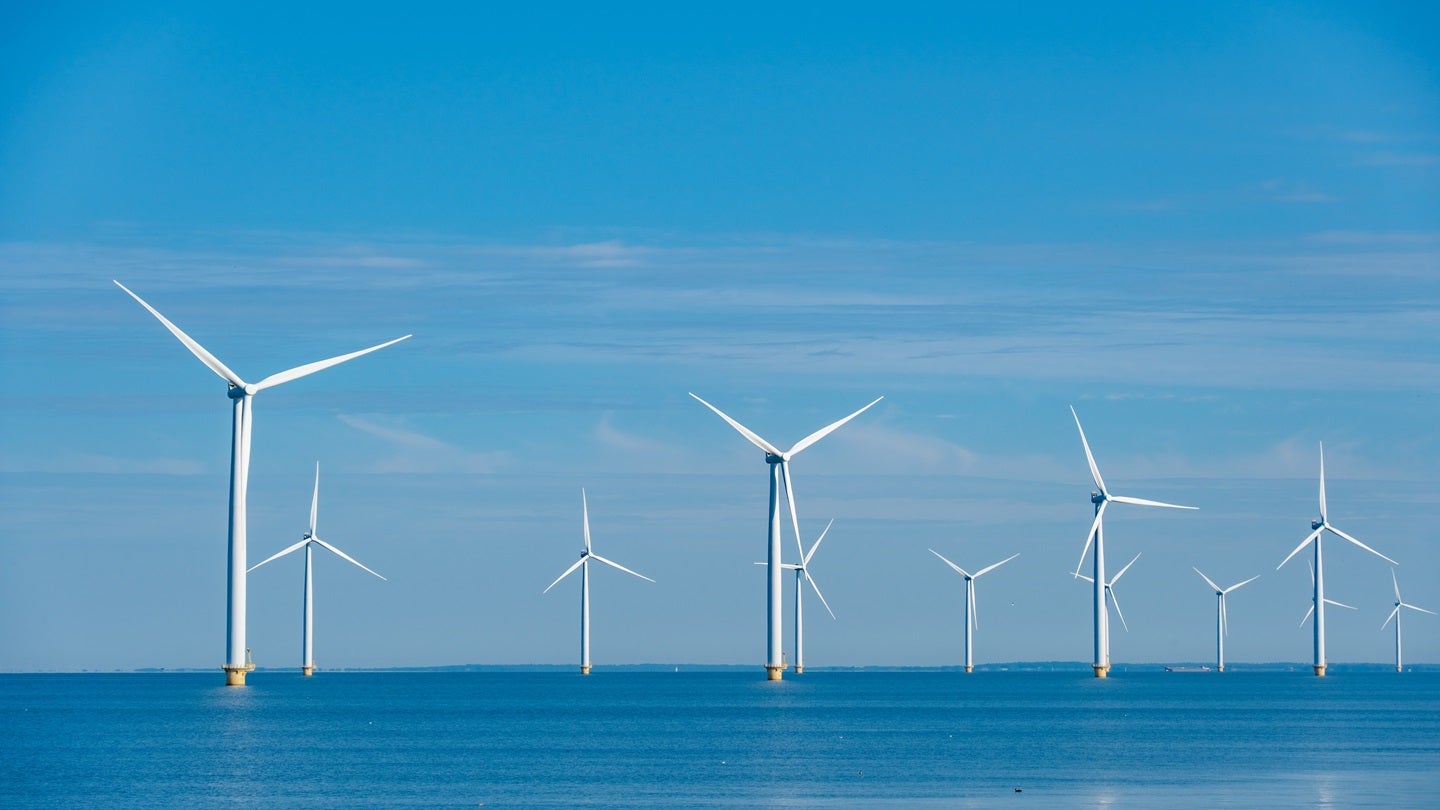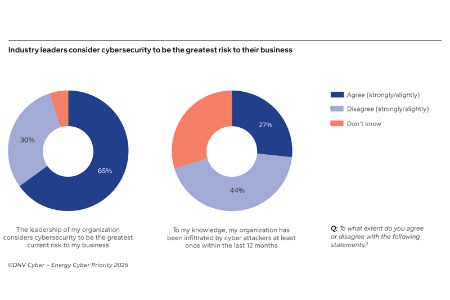
Terror or Trade? How Cartel Designation Could Trigger Corporate Crossfire
Navigating the Complex Web of Cartel Influence: U.S. Companies at Risk The intricate landscape of cartel operations presents a formidable challenge for U.S. businesses seeking to avoid entanglement with criminal networks. These sophisticated groups have strategically infiltrated diverse economic sectors, including agriculture and tourism, creating a minefield of potential legal and financial risks for American companies. The pervasive reach of cartels extends far beyond traditional criminal domains, embedding themselves deeply within legitimate industries. This strategic positioning makes it increasingly difficult for U.S. companies to completely isolate themselves from potential cartel interactions. The interconnected nature of global supply chains and international business relationships further complicates efforts to maintain a clean operational environment. Businesses operating in regions with significant cartel presence face unprecedented challenges in ensuring their complete independence from these criminal networks. The subtle and often invisible connections can expose companies to potential sanctions and legal repercussions, even when unintentional involvement occurs. As the economic landscape continues to evolve, U.S. companies must develop sophisticated strategies to detect, prevent, and mitigate potential cartel-related risks across their international operations.










